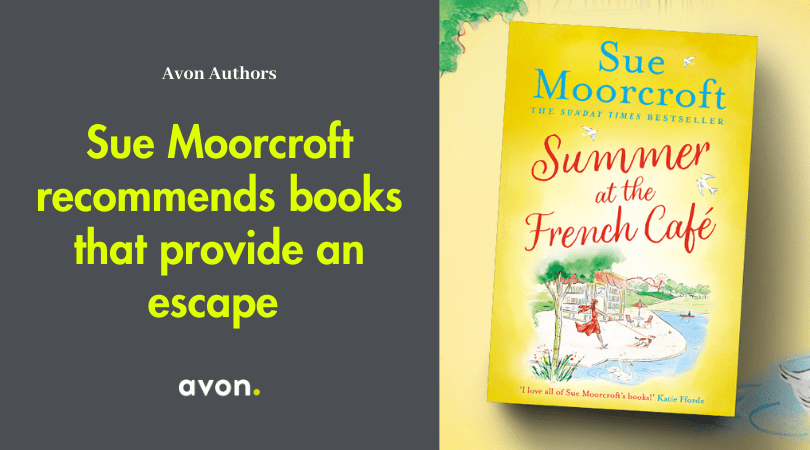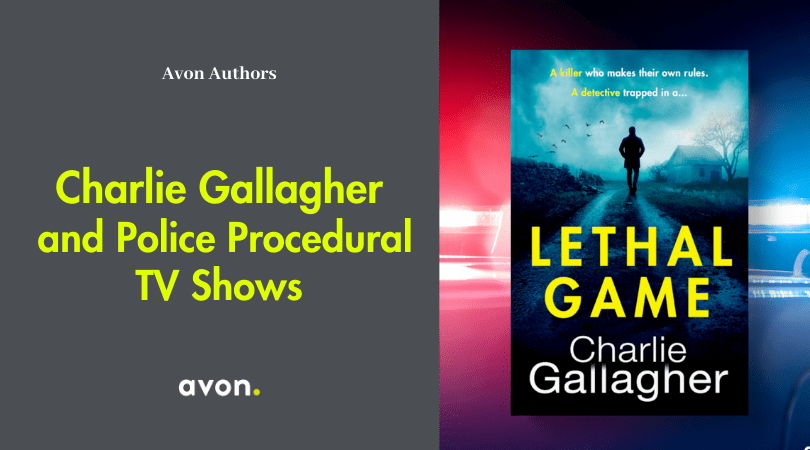A few years ago, when I was doing research for The New Girl, I was lucky enough to have a friend who worked in the field of neuroscience and psychology / psychiatrics at the time. He referred me to the appropriate texts, medical journals, and of course I had to get my hands on the holy grail of psych texts, the DSM-V! (The Diagnostic and Statistical Manual of Mental Disorders, Fifth Edition). While I had some idea of the nature of the psychological conditions I was writing about, I wanted to be accurate. And I wanted to learn.
I’ve always had a fascination with how our human brains can work both for and against us. The way our memories are subjective by their very nature. From that thing that happens to us all now and then – entering a room and forgetting why we’re there – to losing entire chapters of our lives. As my main character Mary in The New Girl ponders: What makes some memories stick and others fade? Is it just nerves, neurons and synapses doing their thing, or is there more to it than that?
My grandmother was diagnosed with Alzheimer’s six years ago and watching the wonderful person I knew fade along with her memories has been at once fascinating and incredibly heartbreaking. And it got me thinking. Our memories, the amalgamation of everything we’ve experienced in this life – it’s who we are. And yet memory is so unreliable, so impermanent. It’s incredible how much faith we invest in, and meaning we attribute to, human memory – for instance, eye-witness testimony – when it’s so astonishingly untrustworthy. For example, because we see everything, experience everything, through a lens of existing bias (based on our personal experiences / emotions / world view – even factors as seemingly banal as what we might have eaten for breakfast that day!) the data that goes in is already influenced one way or another. So how reliable can that information be later, especially when time has passed and connections have weakened? I wonder sometimes whether the way people remember something says more about them than it says about the thing they’re remembering.
There are some psychological disorders such as Fugue and Dissociative Identity Disorder (previously known as multiple personality disorder, or ‘split personality’) where people can lose chunks of time – days, weeks. Without giving too much away as these disorders are explored in the novel, they’re usually the result of some sort of trauma the brain is blocking out, ‘disassociating’ from. Obviously, something has happened in those lost hours or days, time hasn’t just been miraculously suspended, but their amazing brain has completely blanked it from their conscious mind. There is still so much we don’t understand about these conditions, which are essentially forms of amnesia, primarily because they are relatively rare and difficult to diagnose. But they’re an incredible example of the human psyche’s ability to protect itself.
One of the questions I’m posing in the novel is can we find a way to retrieve memories that have been lost? (I suppose that’s the million-dollar question when it comes to Alzheimer’s research!)
Mary writes:
I used to believe that there’s more to us than just a mash-up of flesh, organs and chemicals, that we’re more than just bio-robots programmed by our genes and experiences. But I just don’t buy it anymore. And if our brains are just computers storing and sorting input, making and severing connections, there must be a way to recover lost files.
Another thing that fascinates me is the way our intellects and emotions make us different from animals and yet we have never successfully managed to separate ourselves from the more primal elements of human nature. You might say we still have instincts and impulses that operate without our ‘permission’. You only have to look around to see that some have better control over their urges than others! But some seem enslaved, completely driven by them. It’s both fascinating and frightening the way ‘ordinary’ people can be capable of unexpected things given the right circumstances.
There’s a line in the book – ‘even monsters bleed’. Murderers are human like the rest of us, so what is it about them exactly, what went wrong – or was there something different all along? – that drove them in that direction? Are ‘monsters’ born or made… or both? These are the questions that keep me up at night! How well do we truly know ourselves and do we really have any idea what we’re capable of, the lengths we’ll go to in a particular set of circumstances we’ve not yet encountered? At least, while I might lose some sleep, I’m never short of inspiration for more books!



